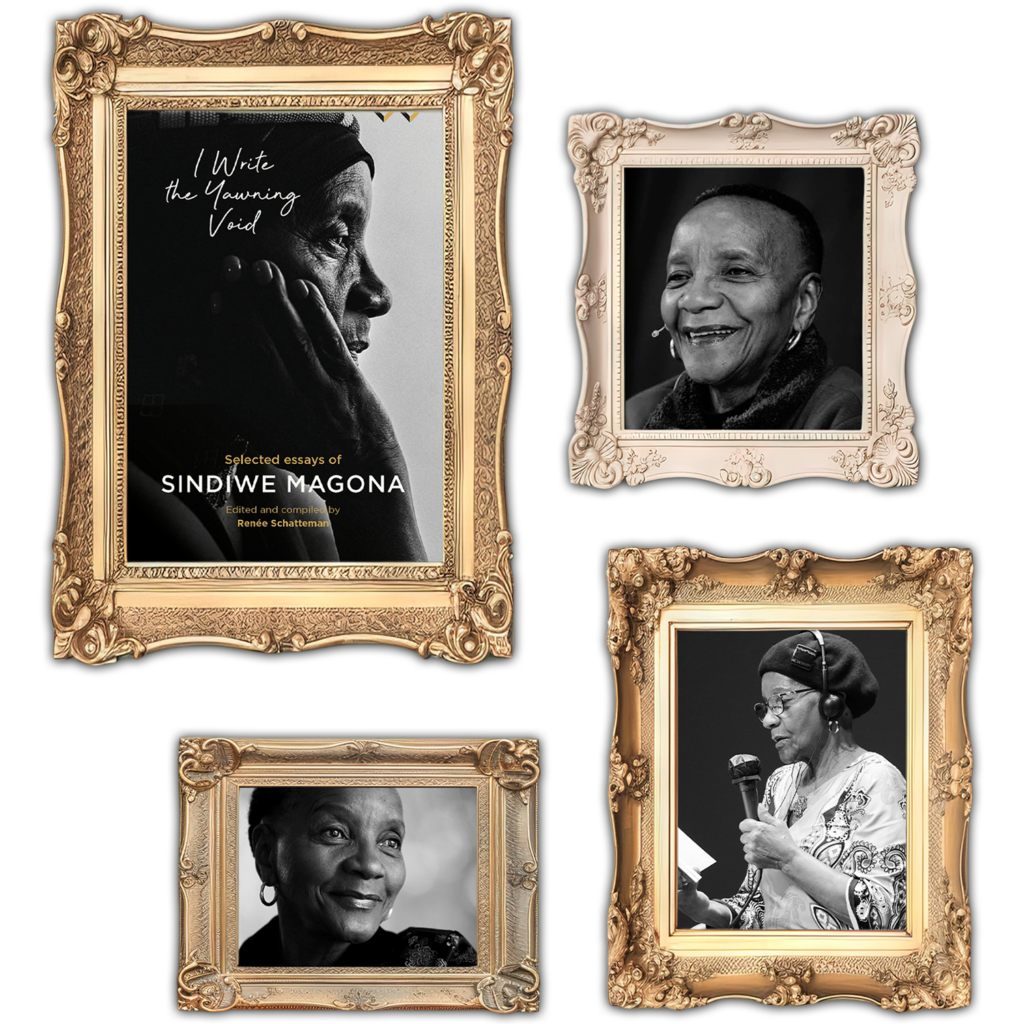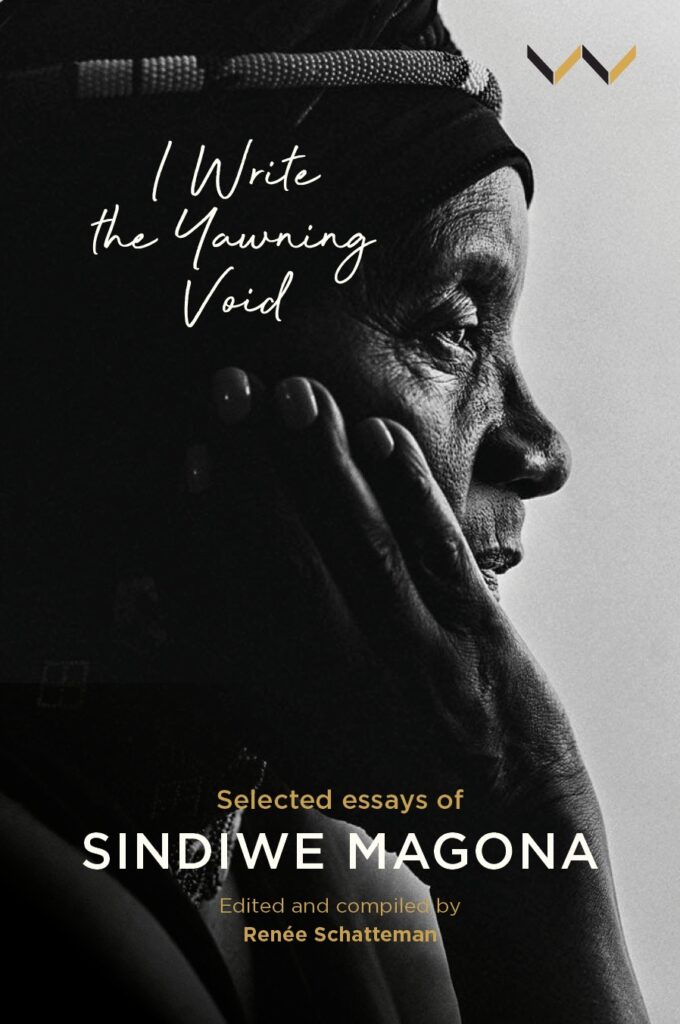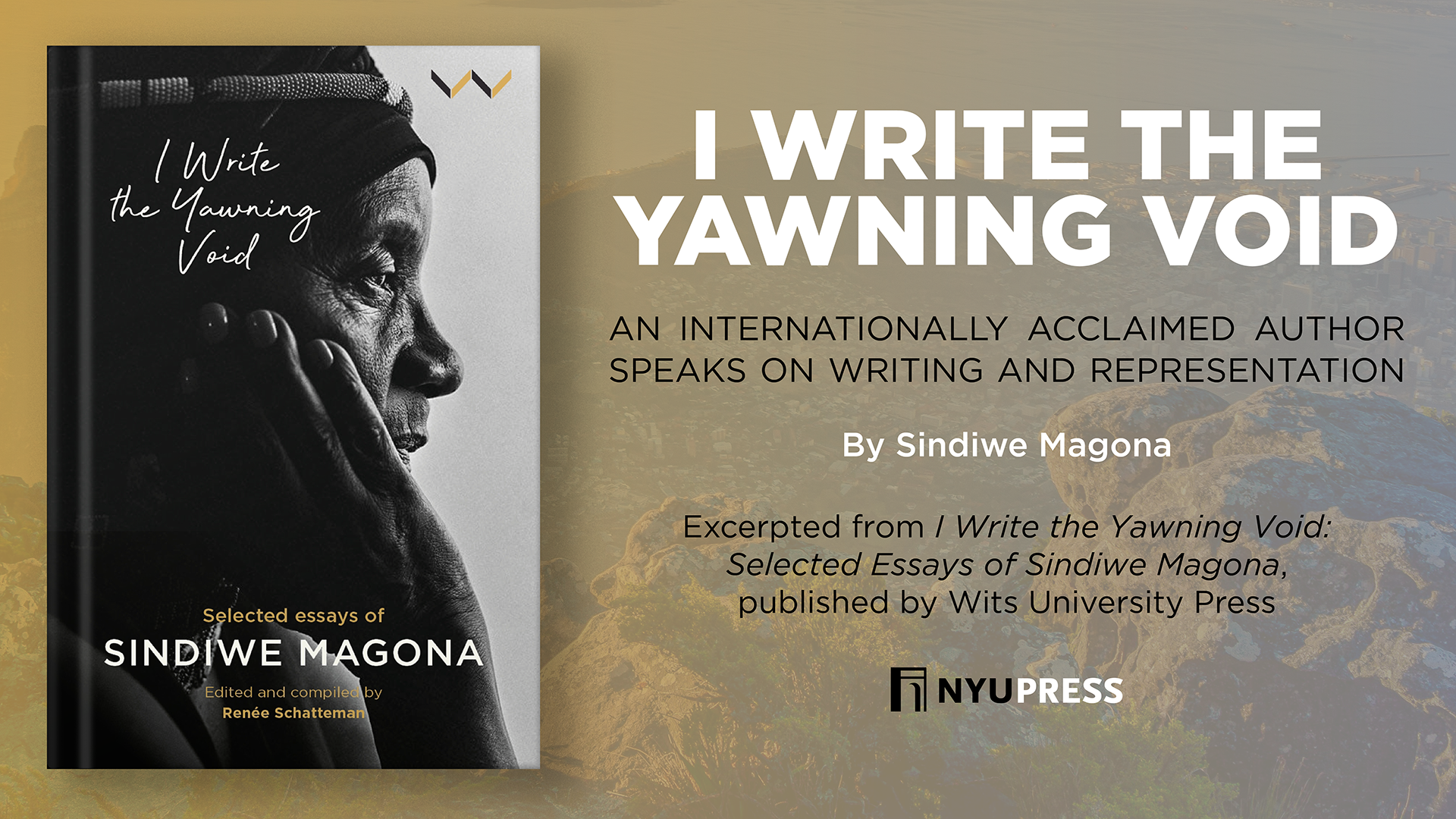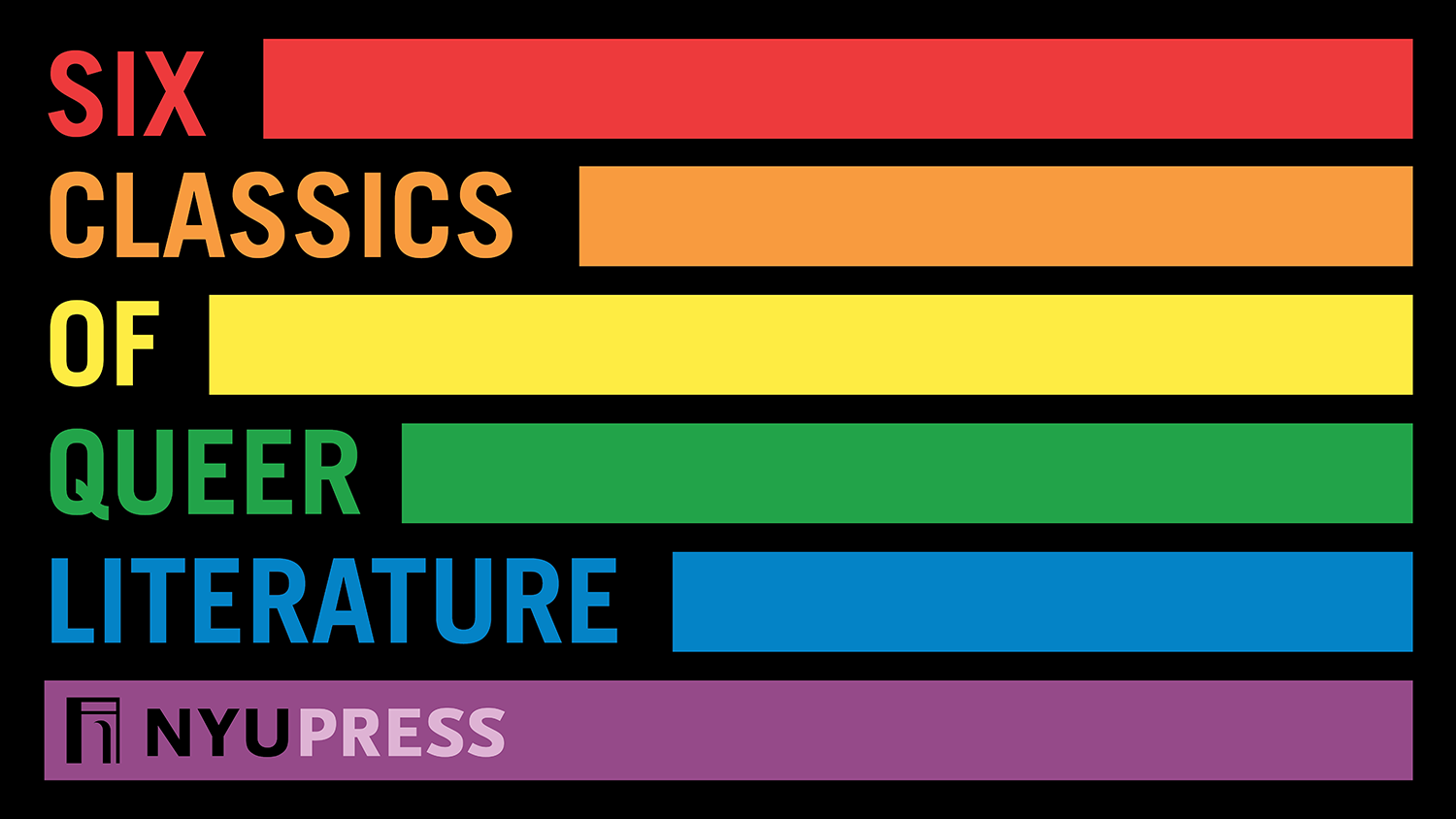Excerpted from I Write the Yawning Void: Selected Essays of Sindiwe Magona by Sindiwe Magona, published by Wits University Press
I can’t believe I have been writing for more than three decades. However, even my feeble maths tells me that 33 years ago, To My Children’s Children, announced – to those interested in such matters – the arrival of a new writer named Sindiwe Magona: this book was published by David Philip Publishers in 1990.
To reflect on what writing has meant, and continues to mean, to me is, therefore, to go back a long, a very long time. At the start of this rollercoaster journey, let me reiterate, there was a much-surprised person. I was surprised at what I had somehow managed to do – write a book. Even more surprised that a publisher had not only wanted to publish it, but had gone ahead and done just that. Then, as though that were not miracle enough to kill a person, guess what? There were people who bought the book, read the book – from page one to the very last page – and didn’t try and find me and laugh at me or, worse still, throw rotten eggs at me. No, they read the book, read it like any normal book. So, the whole thing had not just been a figment of my imagination. How could that be? The whole world shared in my wild, wild dream, my fantasy. It had to be real, then. I had written a book. And the book was published by a reputable publisher.
The book went on to garner great reviews. And thirty years later, it is still in print! Sindiwe Magona – author. But what did this mean to me, then? What does it mean today? What inspired me to write that book in the first place, and what has inspired me to keep at it, keep on writing, ever since? The following poem, found in my collection, Please, Take Photographs (2009), provides some answers to these questions:
I come to writing with no great learning
Except my life and the life of the people
Of whom I am a part. For centuries,
Others have written about us
I write to change that
Instead of moaning about it.
I write so that children who look like me
In my country,
And my people, dispersed
Throughout the world,
May see someone who looks like them
Do this thing that has for so long
Not belonged to us.
I write so that the tale of the hunt
May be heard also, from the mouth of
The hunted, the hated of this world,
For only then, will that story
Be anywhere near complete…
I look at my writing, look at what provokes it. I use the word ‘provoke’ for, strangely, my writing seems to come out of anger, disgust, disappointment, sadness or grief; it is provoked by a deep dissatisfaction with some aspect of the life I witness all around me, a life gone all awry. Provoked, then, not inspired … at least not as far as the subject matter is concerned. Let us look at the poem above and ask, ‘What provoked that?’
The answer to that question – not only about the poem but most, if not all, of the writing I have done – is the content of this volume of essays. I Write the Yawning Void is a book of essays about the writing I have done – the why and wherefore of it. I hope to take the reader through my writing or the reason/s behind the writing of each novel, story, play, poem or essay. The interested reader, I dare say, will discover one or another of the sentiments mentioned above. Notice that joy doesn’t make me burst into song – except, now that I think of it, in poetry. Yes, in poetry I do occasionally write on some of the more joyous of life’s events, people and circumstances. But in my novels, short stories, and even in my essays, I seem to ponder over the – sadly – rich vein of human misery to bring to light situations that are void of human fulfilment.

A void is different things to different people. Toni Morrison is commonly known to have said that she writes the books she wants to read – now, there’s a void. I write the books I wish were not necessary – books for which there was no need. However, to my way of seeing the world, each book is an injunction to some, if not all, members of society to stop doing what they should not have done or, depending on the matter that provoked the writing of the book, to do what they ought to have done: acts of commission or omission. The warnings, of course, do not apply to factual writing such as biography, which deals with lived history. Nor would cookbooks, I suppose, fall under this category.
That first book, To My Children’s Children (1990), as well as the sequel, Forced to Grow (1992) – both autobiographies, worked to fill the strange void of absence. Complete absence of me and people like me from books. Not as I know myself. Not as I knew people among whom I lived. When there were women who looked anything like me, my mother, grandmother, aunt, or neighbour – an African or ‘Bantu’ in apartheid terminology – they were sure to be smiling maids in uniform, out at the park minding white children or pushing a pram on the pavement, with a white baby in the pram. It took me a long, very long time to see that absence. Amazing what one gets used to, accepts as the norm. But then, when that is all one has ever seen, why would the void have been noticeable? You only miss something to which you are accustomed. As the poem at the beginning of this essay explains, and the title of the book spells out, I write to tell a story – my story. My people’s story. History as it is lived.
But then, after that first book, more books followed. And more. And more. More, hopefully, will follow still. The void yawns, still. And it wears many, many faces – similar or very different faces. Absence or cancellation; othering in all its different guises; poverty; greed and dreadfully incompetent governance; oppression; violence and violation of the rights of humans, animals, living things and the environment; and so on and so on … the violation of Life and the right to life for all.
Why, you ask, do I persist in writing the yawning void? Believe it or not, I don’t plumb these dark corners of the human heart because I love unhappiness or evil – No! I go there because, despite abundant evidence to the contrary, I believe human beings were meant to be, could be, and deserve to be abundantly happy! So, yes, my writings are almost always elicited by the sadder, rather than happier, events in life. However, I do become inspired writing them – inspired by what my words might do, the work they might accomplish. So, in a way, my books, at least to my way of seeing things, should do the work I am too timid, cowardly, unwilling to do, or incapable of doing up front.
Writing the void, therefore, is my interrogation and/or pursuit of the state of happiness that eludes most of us mere mortals, since more and more of us have given up on the idea of happiness or the abundance of a simple life, or living a stress-free life, satisfied, uncluttered; respectful, and assuming respect. A world in which all people respect themselves, respect others, and respect the generous and bountiful environment that is the very breath of life.
Respect for Self.
Respect for the Other.
Respect for the Environment.
That is my ideal, but then there is the void – the gap; the empty space; the unoccupied position … what is absent, not there … when it should be. So, I suppose one could say I write from a gnawing hunger for things we dream of but lack the imagination or courage to work hard enough to make happen. The future we all want, for which we wait – and wait – and wait … little realising it is waiting for us to birth it, bring it into being.
And what might provoke, instantly or otherwise, the onset of a book or essay is nothing I understand. Reading a book, magazine or newspaper; news on radio or television; a word or words someone says during a conversation or at a meeting – sparks fly in my mind instantly, in a flash, or an ember softly falls onto the seemingly asleep fire in my heart. Later – hours, days, or much later – a sizzling grows and grows and, suddenly, there is a flare.
I may disregard or want to disregard the spark, tell myself I should not take everything to heart, but, if it is going to burst into writing, it will. There is no mightier conflagration than an idea that lights up in a writer’s mind. It will goad and goad and goad till she answers the call – even if that writing ends up on the scrap pile or the growing stack of ‘to be submitted’ or ‘not yet published’, the pile of a writer’s unanswered outpourings, waiting still … But whatever kindled the writing is, to the writer, something that warrants the eye of the nation, if not that of the world. It has been said that writers see more clearly than others in society. If this is the gift that drives my writing, I welcome it, though I would never have bought it for myself had I had the option. It is not always a blessing to see what others do not see; fear for a future they do not fear, as their eyes do not perceive the steps leading to the horror the writer sees at the step they are about to take.
…
In all the essays I have produced during my career, I have written for my fellow South Africans to help them see what they are missing, what is perhaps not clear to them. I write for my nation, our nation, the beloved country of South Africa. Yes, it is for you most of all, Beloved, that I write. I write about you, for you. All my wishes for the nation you have the potential to be – my highest hope, for you dearest, is that you will become that which you teeter on the brink of becoming. If only … if only you could be bold enough, courageous enough, fear-free enough to let go of your hideous past. Not forget it, no! But put it where it belongs, in the catacombs of yesterday, and gird your loins to do that which awaits your action: cleanse your wounds of the hurt of racism, discrimination, poverty, lack of education and all that smells of the rot of what was. That done, take up the new fight for the better-for-all tomorrow so that – with hate banished from our hearts, hurts healed, fear and fearfulness left behind – we all join hands and, together, meld this multicultural melange that we are into a joyous union. Why do we not hurry to be the envy of the whole world? To be the model, the example other nations follow? The ingredients are certainly here, we are here, coloured all hues of the human palette. I write for the vision that we are, can be, and will be!
If only!

Sindiwe Magona is an internationally renowned South African writer who has received many awards and widespread recognition for her writing, her activism and humanitarian work. She has written novels, children’s books, short stories, poetry, biographies, autobiographies, essays, radio plays, and a screenplay. Magona was awarded the Order of iKhamanga by the President of the Republic of South Africa in 2011. She is Senior Research Fellow at the University of the Western Cape, South Africa.


 Six Classics of Queer Literature
Six Classics of Queer Literature